When Training Isn’t Going Your Way
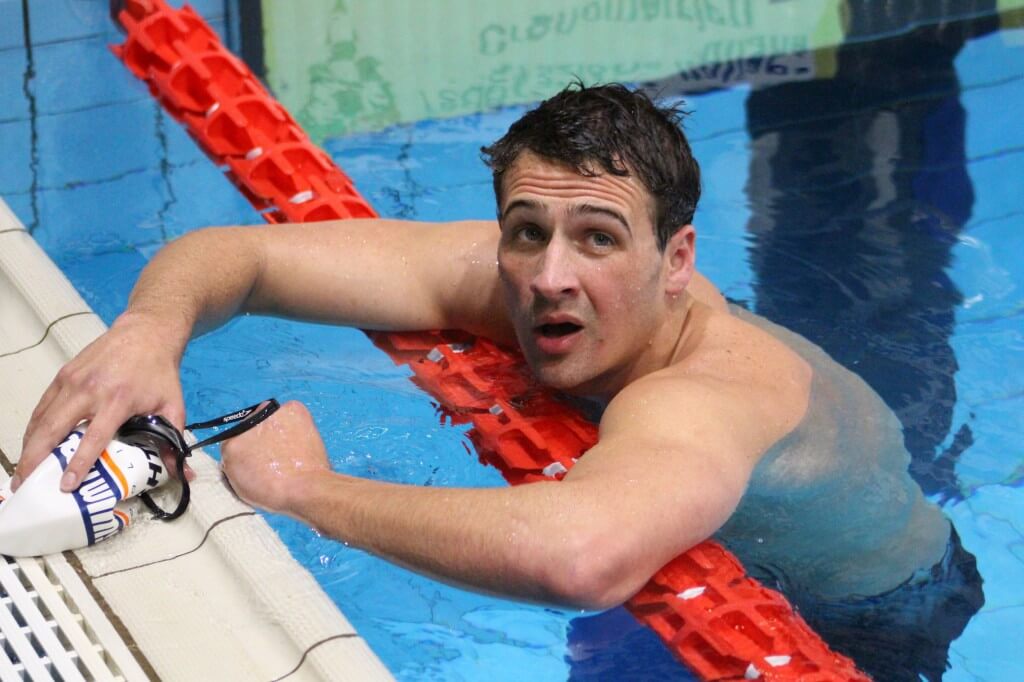
By Benny Liang, Swimming World College Intern.
The typical college swimming season is a long and arduous process. Over the course of seven months, you will be pushed to the limit in the pool, be challenged in the classroom, work to build social relationships, and pursue other interests. As the saying goes, “No one said it was easy, they said it was worth it”.
As swimmers, we all know that training is tough and that a season takes a lot, both in and out of the pool. We’ve all been through times when things just aren’t going well. Sickness or injury has kept you out of the pool. You had a bad meet and your confidence has taken a hit. Your stroke feels off and nothing you do seems to help it. The work you’ve been putting in doesn’t correlate with your times in races.
Here are some things to keep in mind when you think that things may be at their worst.
1. Keep your eyes on the prize.
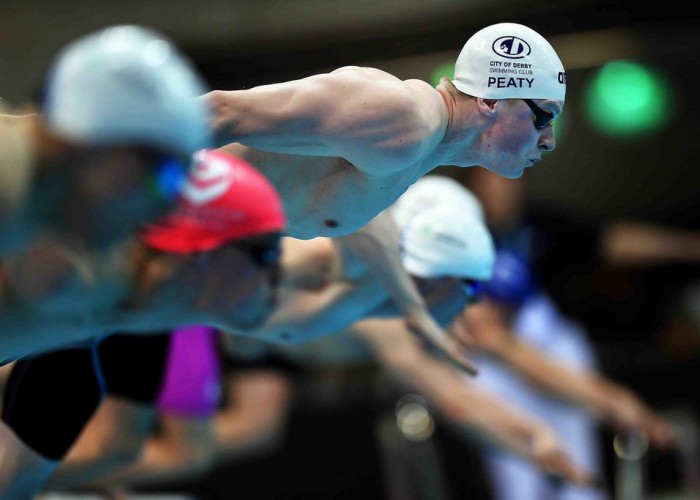
Photo Courtesy: gianmattiadalberto/lapresse
Just because you aren’t doing well now doesn’t mean you won’t be dropping lights-out times at the end of the season. After all, there are a lot of reasons why you may not be doing as well right now. Simply being tired from the gruesome weekly schedule of weightlifting and morning practices will do that. It’s important to remember that the times you swim at end-of-season championships are what matter, not the times you go at a middle of the season dual meet.
2. Focus on the little things.
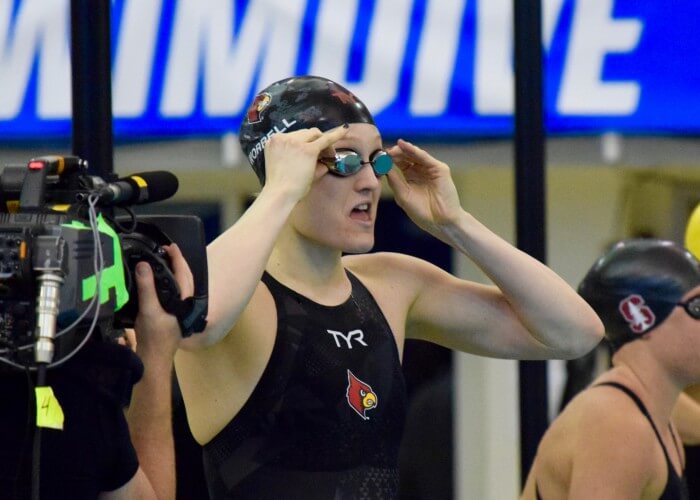
Photo Courtesy: Annie Grevers
Odds are, you didn’t hop in the water today and immediately feel 100 times worse than you did before you got in. When swimmers are in a slump, it’s because we lose control of the little things bit by bit. It doesn’t all happen at once, and it’s not going to get better all at once either. Each practice, you can find a few things to work on. This way, by the end of the week, you can look back and see how the small improvements contribute to the whole of getting better.
3. Watch your health.
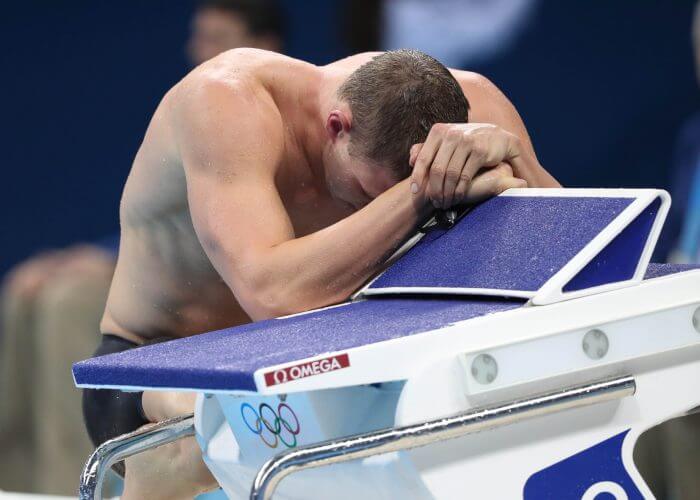
Photo Courtesy: Erich Schlegel-USA TODAY Sports
Have you been getting the sleep you need the past few weeks? Staying up till 2 a.m. binge-watching something on Netflix probably isn’t the best use of your time, especially if you have morning practice the next day. Have you been eating right? Your body needs the right kinds of fuel to sustain the high-performance demands of a sport like swimming. Eating a dozen donuts and blowing out your competition in the pool typically don’t go hand in hand. You can work as hard as you want in the pool, but without proper maintenance of your body, that work isn’t going to go very far.
4. Learn something from it.
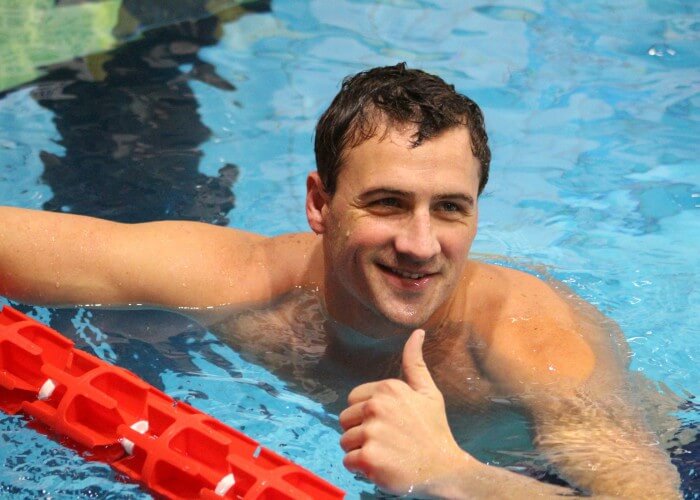
Photo Courtesy: Azaria Basile
The most important thing you can do now is learn from this experience. After reading the first three suggestions, make a list of things that went wrong. Now take this list and separate it into two groups: things that you can control, and things that you can’t control. An example of something you can control is how hard you work at practice; it’s your choice how much effort you put into something. If you have an injury that keeps you from training, that is beyond your influence, and would be something for the “can’t control” list.
After you’re done with making your lists, take the list of things that you can’t control and toss it out. There is nothing you can do about them, and there is no reason to let them affect you. As for the list of things you can control, decide what you could have done better, and follow through with your decisions. If a lack of sleep is the problem, then budget your time wisely so next time, you don’t have to stay up late doing work you could have done while you were watching T.V.
Got any suggestions? Post them in the comments below!
All commentaries are the opinion of the author and do not necessarily reflect the views of Swimming World Magazine nor its staff.




?
Sa tête Badreddine Loulidi
Hahaha
Sorry you’re out of DWS. You really blossomed in a short time. Good luck with whatever road you take. You’re awesome. Take the high road.??
Wendy Walker share with kaitlyn plz ??????
Kaitlyn Walker <3
Thank you for very interesting post!